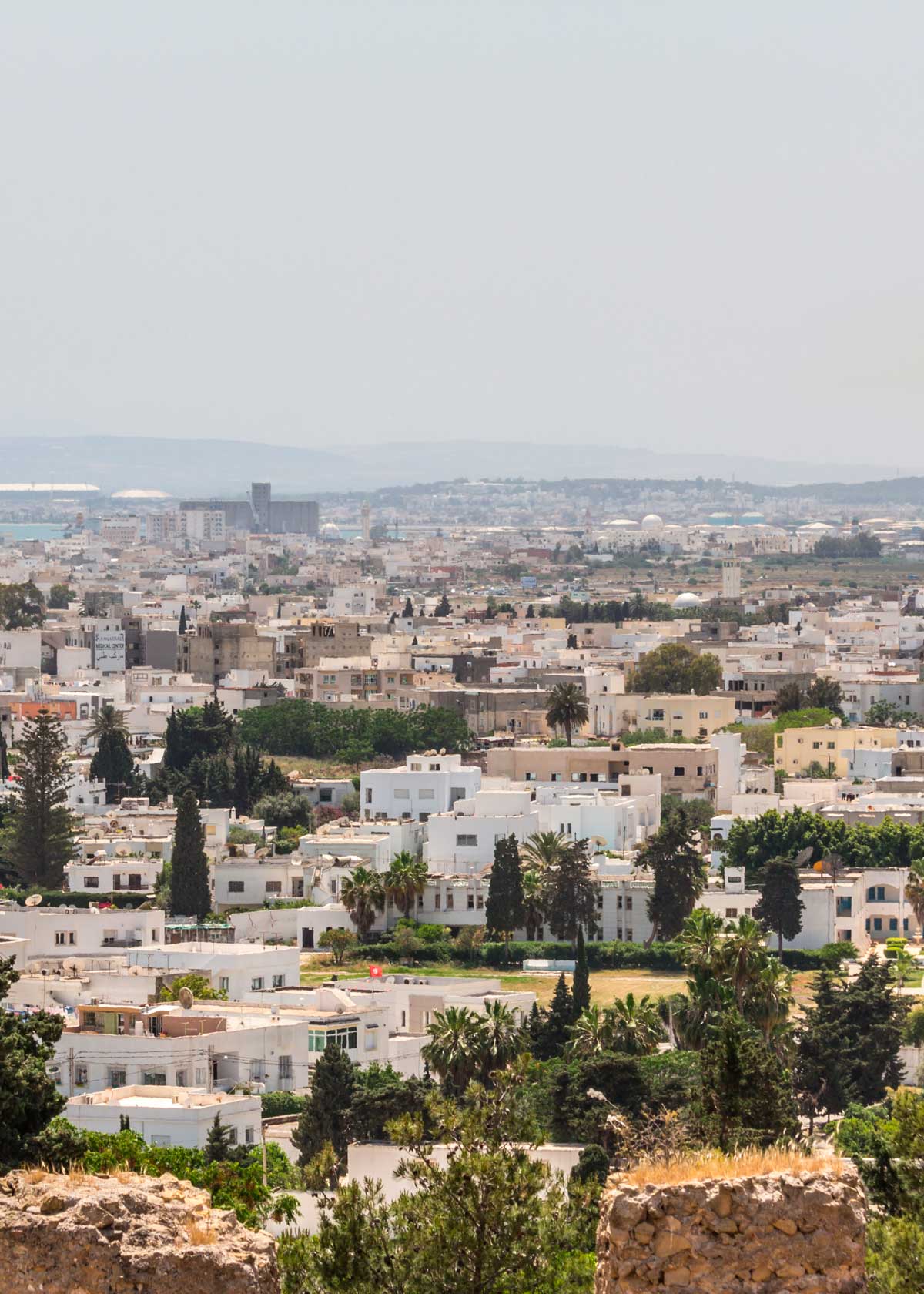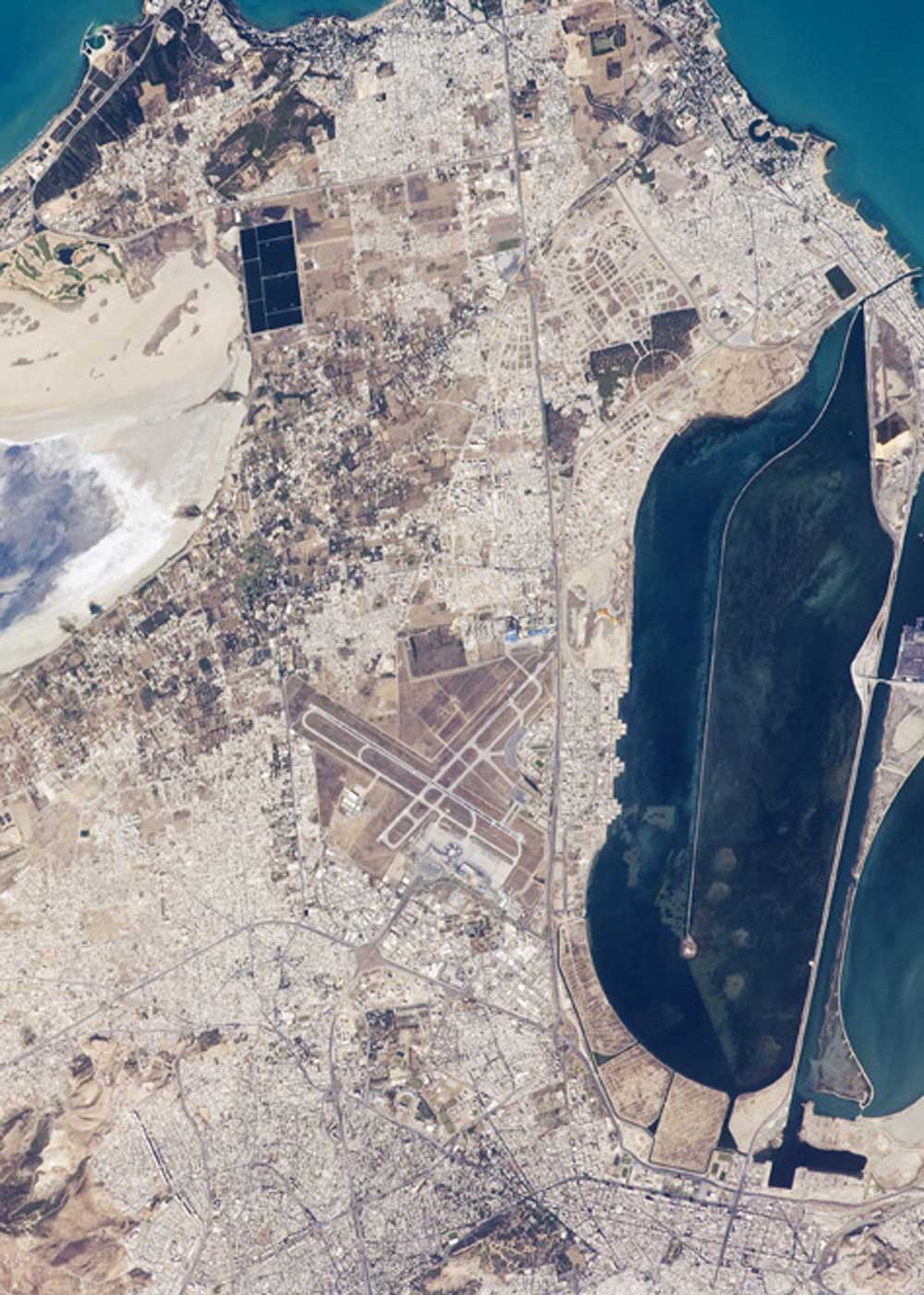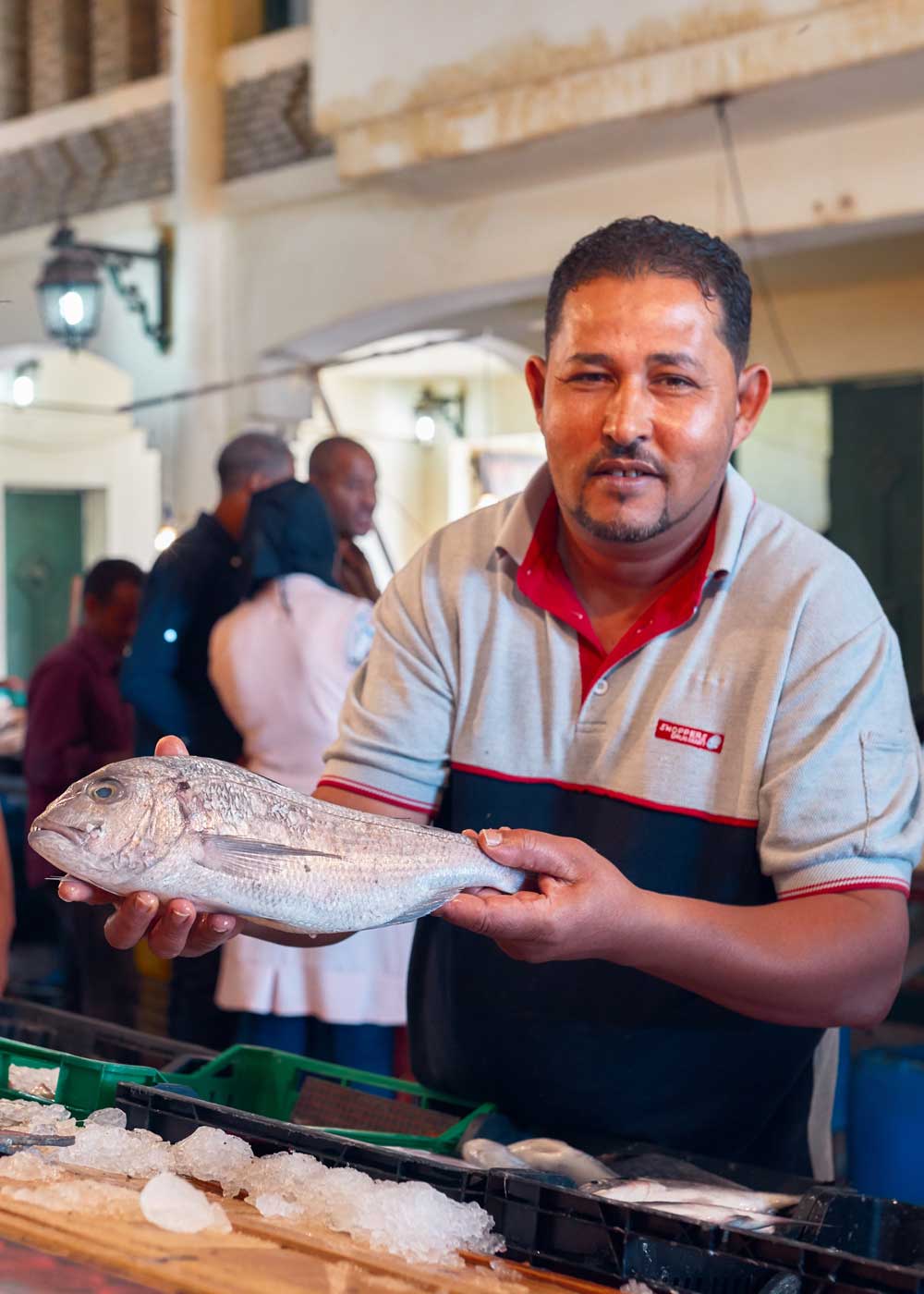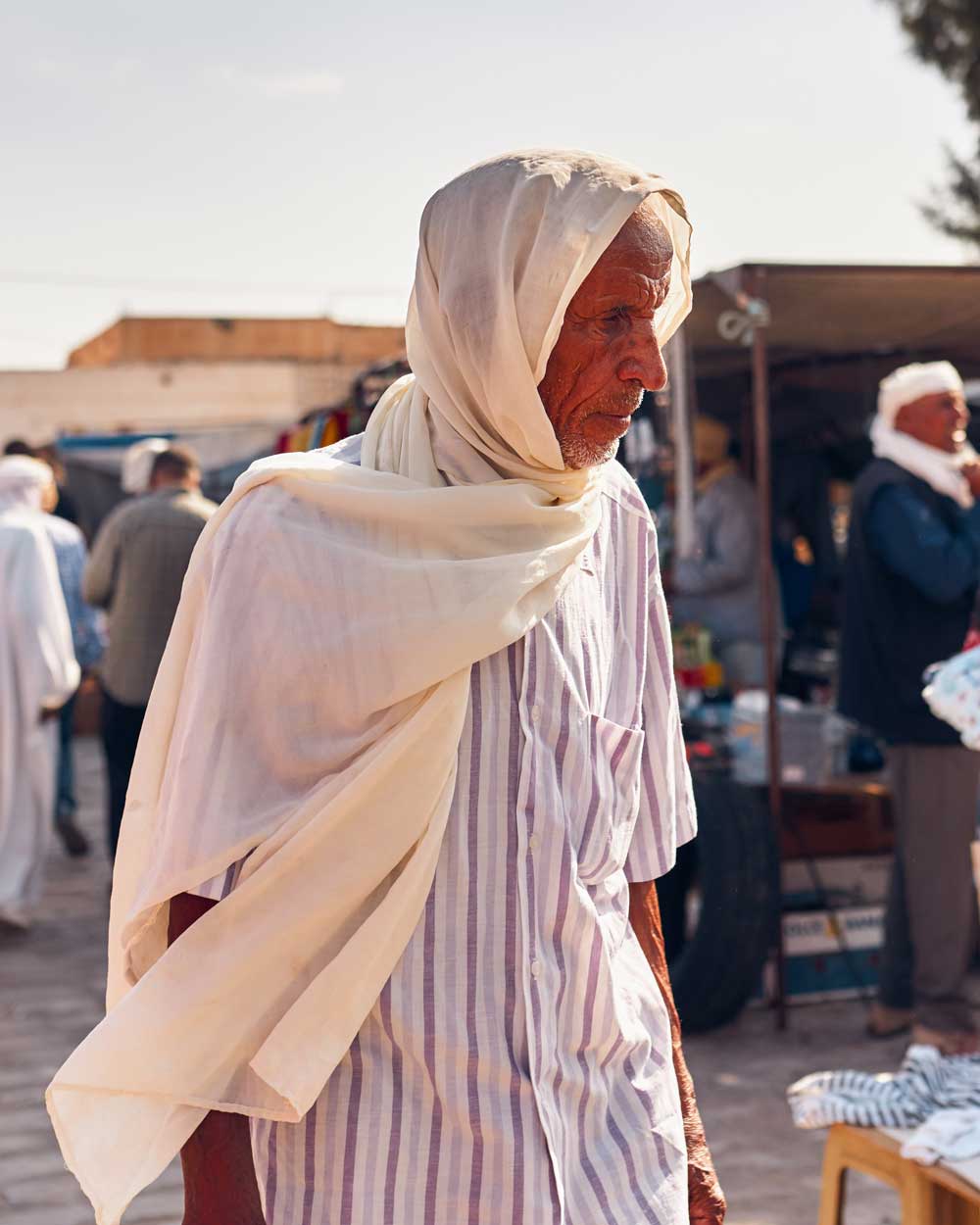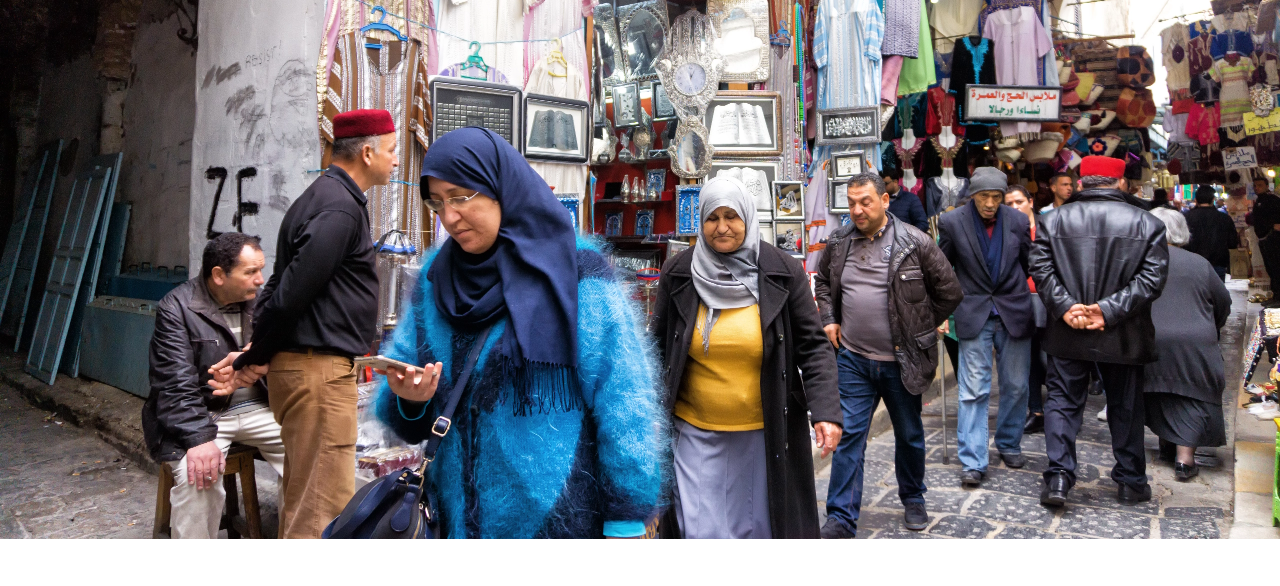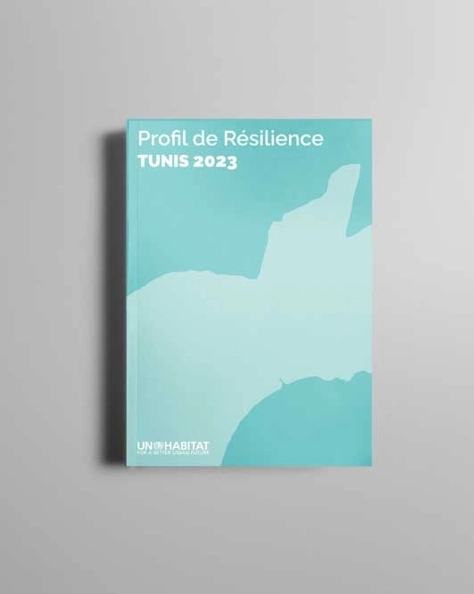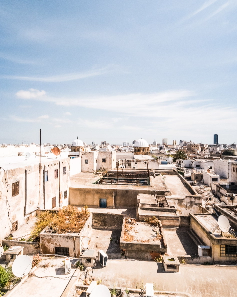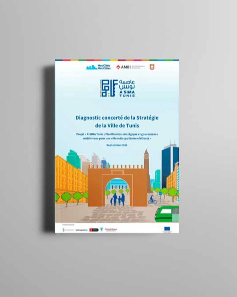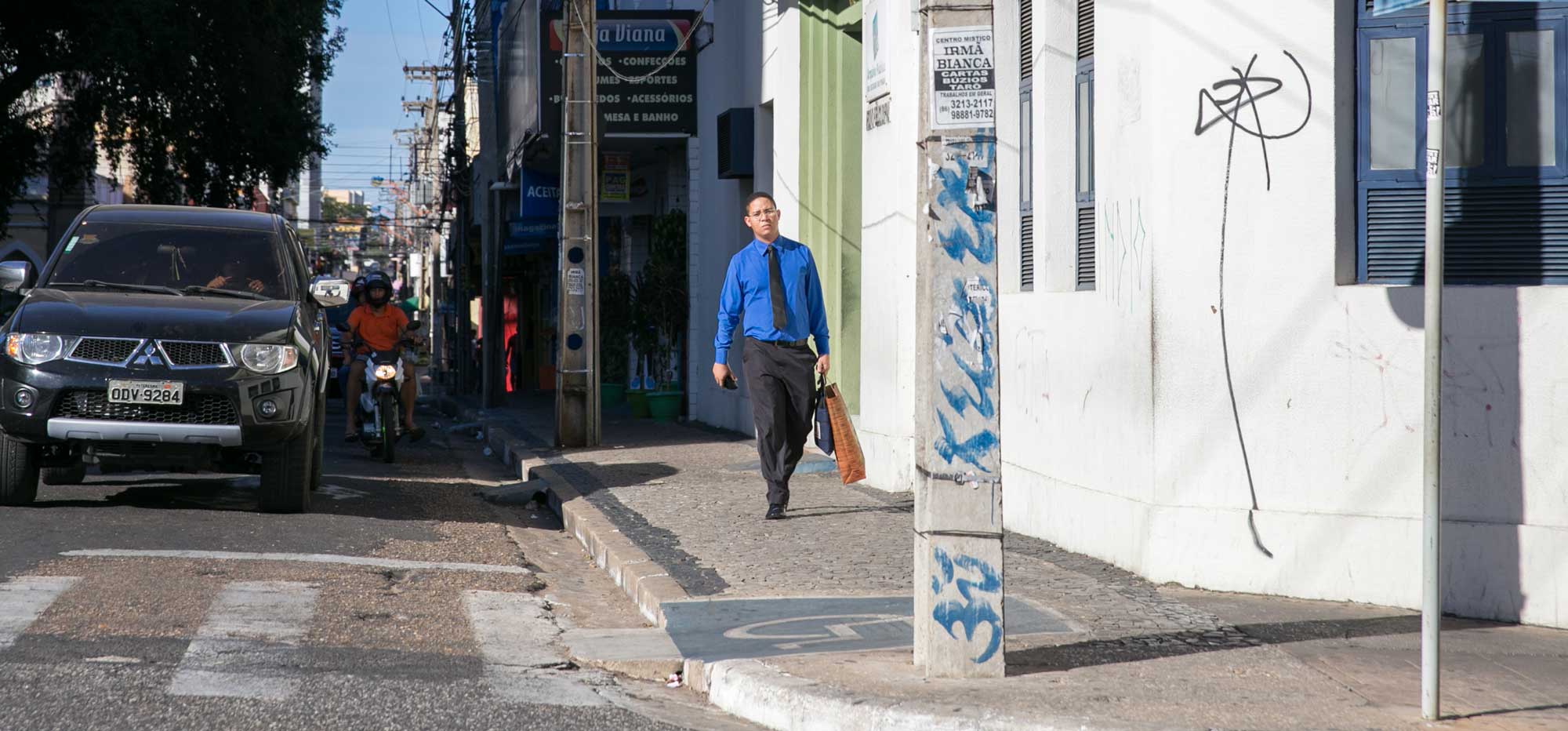
Climate change affects the city’s infrastructure, assets, productive system, and the quality of life of its citizens.
Extreme climate episodes (extreme heat, intense rains, prolonged periods of drought, destructive storms) are becoming increasingly frequent and tangible, and require action to address these and prepare for crises that the city will experience in the future according to scientists’ projections. Actions under this area set out strong mitigation measures.
Mitigating climate change effects requires preservation, development, and enhancement of public spaces, by restoring ecosystems and promoting revegetation and soil permeabilization.
Greater Tunis in general and Tunis in particular host large structuring natural spaces plagued by urban predation and degradation.
It is important to preserve these spaces, restore their ecological functions and integrate them functionally into the city. Actions under this area seek to preserve and enhance green spaces in the city.
The objective of the project is to strengthen Tunis’ food resilience and reduce its vulnerability to risks associated with recurring crises impacting the food supply chain, to limit the carbon footprint of food logistics and mitigate vulnerability to climate and social risks.
The project concerns both the promotion of agriculture in urban and peri-urban areas and shortening food circuits. It impacts positively the development of agriculture in Greater Tunis by promoting the connection between local producers and local consumers.


